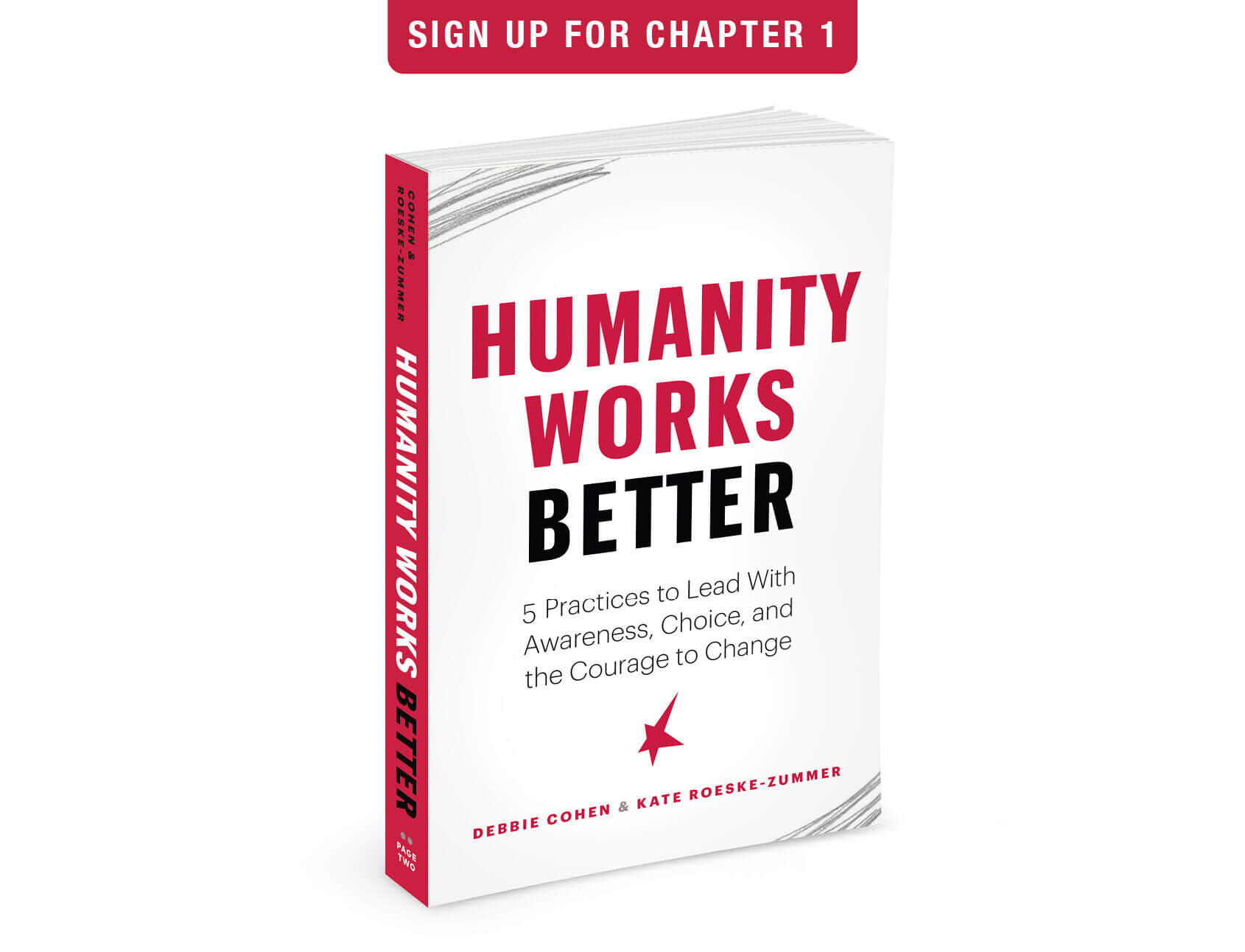Because apologies are complex.
There have been some very public and private apologies swirling around lately and it got us curious: why are apologies so hard and how do we get them right? Spoiler alert: the answer – they are complex!!!
There was Will Smith’s apology for the slap that was heard around the world: when he slapped Chris Rock for his joke about his wife at the 2022 Oscars. Though he’s gotten backlash for making part of the apology about him, we think it was a really great apology. It was a heartfelt admission for his wrongdoing. He took responsibility for his actions, admitted what he did was wrong and that he is learning from it.
Then there was the “crying CEO” apology that swept the internet. After laying off a few people, the CEO posted a picture of himself crying about it on LinkedIn and the reaction was swift: while he thought he was being vulnerable and emotionally honest, people criticized him for being tone-deaf, disingenuous and self-indulgent.
It is challenging when your apology is not accepted by the person you are apologizing to. It is also challenging when someone does not apologize for something that we feel they “should.” The truth is, we all say and do things that hurt the people around us. Some of it is intentional and some of it is unintentional. But we need to be accountable for owning our impact. We are living in a time when taking responsibility for our actions seems to be getting more and more rare.
So how do we get apologies right? What makes an apology hard and what makes an apology enough? These questions have taken us on a deep dive writing a full article about what apologies are about. Here are some nuggets we are unearthing:
It’s about accountability.
It is not about saying I’m sorry to the offended person simply because they are expecting it. A genuine apology means that you see you created an unintended consequence and want to own your impact. This is a one-way street here – you feel the need to apologize whether the other is expecting it or not.
It’s about listening.
When you’ve hurt someone and they are telling you about it, listen deeply to that person. The challenge is to listen without becoming defensive. This can be excruciatingly difficult as our identities can’t tolerate the criticism. It requires a huge amount of self-management to just listen, not defend, not lash out – just to listen. Easier said than done but imperative.
It’s about curiosity.
Harriet Lerner, in her book Why Won’t You Apologize? writes: “If only our passion to understand the other person were as great as our passion to be understood.” THIS IS HUGE. What happens in most arguments is our need to be understood dominates the conversation. Getting curious and asking questions of the person you’ve hurt is an immense but essential undertaking.
It’s about timing.
Sometimes you need time and space to sort through your own emotions and think about what you did wrong and to learn from the encounter. It took Will Smith months to apologize, saying “I spent the last three months replaying and understanding the nuance and complexity of what happened in that moment” You simply cannot give a real, authentic, apology if you are still angry or triggered. So, sometimes, you do need to step away and get yourself sorted. This takes time and that’s ok.
That’s a snapshot of our research so far. In our full article we will go deeper into other aspects of apologies such as civility and the learning and growth that can happen through sincere apologies. We are fascinated by this subject and look forward to learning and sharing!
Humanity works because of you!
Kate and Debbie

